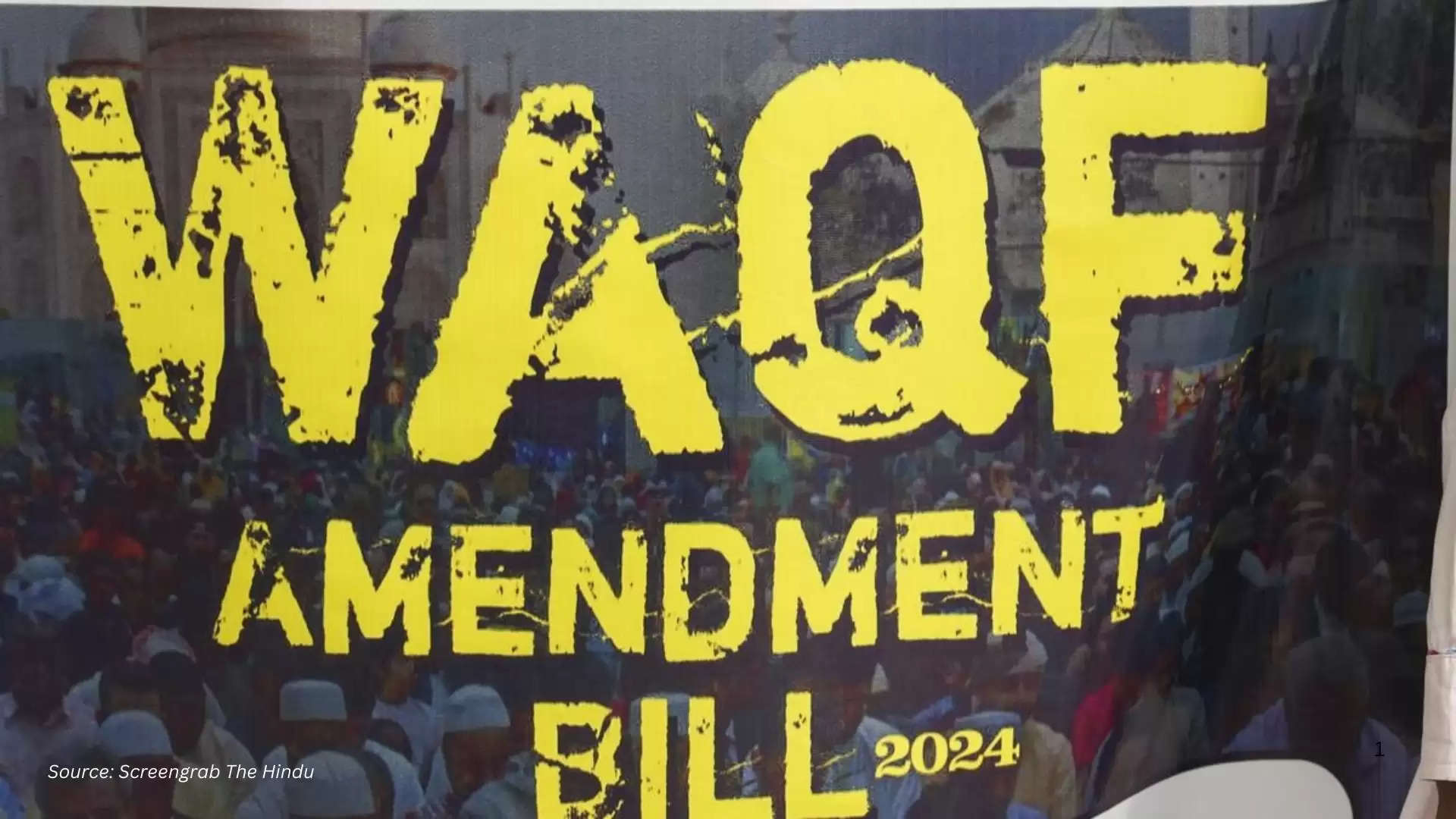Centre Pauses 2 Key Clauses of Waqf Act after SC Pushback
Government assures Supreme Court of week-long freeze on formation of Central Waqf Council and Waqf Boards and provisions on de-notifying properties; next hearing on May 5
April 18, 2025 - A Supreme Court (SC) Bench comprising Chief Justice of India (CJI) Sanjiv Khanna, Justice Sanjay Kumar and Justice KV Viswanathan on Thursday, April 17, heard the petitions challenging the constitutional validity of the Waqf (Amendment) Act, 2025, and granted the Central Government seven days to file its response. The government told the Court that certain key provisions of the Waqf (Amendment) Act, 2025, including the formation of the Central Waqf Council and Waqf Boards and provisions on de-notifying properties already declared or registered as waqf, registered under the 1995 Waqf Act, will not be acted upon for the time being.
The Centre also said that if any State Government acted contrary to the assurance, such action would be treated as “void”.
This assurance by Solicitor General (SG) Tushar Mehta, who is representing the Central Government, was officially recorded by the Bench. The next hearing is scheduled for May 5 at 2:00 pm.
During the hearing, SG Mehta told the Apex Court that this issue is not one that can be resolved by simply reading a single section; the entire law and its historical background must be considered. He emphasised that the law was passed after examining several lakh suggestions. He cautioned that any order from the Court would have a significant impact.
In response, the CJI said the Court wants to ensure that no party is adversely affected.
SC has said that it would treat five of the 120-odd petitions as the main writ petitions, and the rest as intervention or impleadment applications.
Key Points of Waqf Act Row
- The Waqf (Amendment) Act, 2025, includes a provision to appoint non-Muslim members and at least two women to the Waqf Board.
- The government argues that the role of the Waqf Boards and the Central Waqf Council (CWC) is regulatory, not religious, ensuring legal compliance and protecting public interests.
- The petitioners contend that the amendments violate Article 26 of the Constitution, which guarantees religious groups the right to manage their own religious affairs. They point out that no such central law exists for Sikh Gurdwaras or Hindu religious endowments at the national level.
- The Supreme Court asked whether the government would allow non-Hindus or non-Muslims to be appointed to Hindu religious trusts or institutions. Justice Viswanathan said that when it comes to Hindu endowments, only Hindus are entrusted with their administration.
Meanwhile, the Opposition parties have welcomed the Court’s decision on the challenge to the Waqf Amendment Act. They vowed to continue the fight against the amendments which, they say, would weaken the role of the minority Muslims in managing their community’s affairs.
To join us on Facebook Click Here and Subscribe to UdaipurTimes Broadcast channels on GoogleNews | Telegram | Signal



